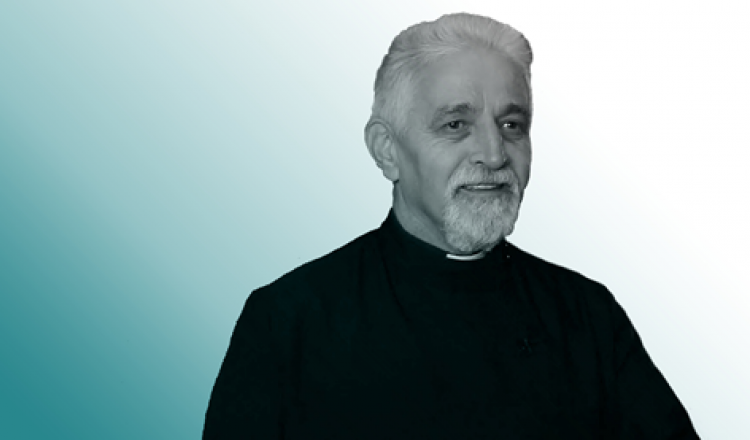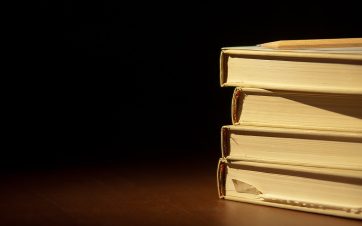
Code Name: The Kid

Konstantin Szabó, the Greek Catholic priest, one of the witnesses of the Congress is to be heard at the Hungexpo on the 14th September. Our Sub Carpathian guest comes from priestly families on both sides. In 1986 he was ordained as a priest in great secret.
1945 was the year when Stalin’s orders completely undermined the Churches’ operation, in the Soviet Union, and when many Greek and Roman Catholic priests as well as Protestant pastors were forced to Siberian labour camps.
Many clergyman in the territory of Ukraine were subject of constant harassment. Greek Catholic priest were obliged by the Soviet regime to deny and break with the Pope and to merge into the Orthodox Church. Those who resisted were executed or transported to the Gulag. Konstantin Szabó’s uncle was shot dead on open street.
Bishop Tódor Romzsa, strongly resisting the dictatorship underwent two assassination attempts within three days, out of which one was fatal. Konstantin Szabó’s father was ordained priest by the martyr Bishop just before his fatal murderous death in 1947. Family Szabó, just like many other priestly families became a regime enemy, and were ostracized. Konstantin Szabó’s father was put on forced labour in 1950, and could return home after 5 years only. The family lived in Beregszász as from 1958.
Faith in the faithlessness
The bloodsheds, threats, deportation and execution of its priests led the Greek Catholic Church to move into “illegality”, and was operating underground until the regime change. Father Konstantin, was born in 1958 in the Carpathian city of Beregszász. His childhood was very much alike to his contemporaries, with one significant difference: the schools raised the youth in the spirit of atheism, but Konstantin learnt a lot on God from his parents in the privacy of their home, while serving as an altar boy during the secretly celebrated Masses held behind closed doors. Later he graduated from high school, then went to a commercial school. In 1977 he was moved to Hungary to fulfil his 2 years of compulsory military service in the Soviet army. In 1979 he returned to Ukraine, married and started his civil life.
In 1982, as a father already, he started his theological studies with Dr. Elemér Ortutay, who well knew the martyr Bishop Tódor Romzsa, the one who ordained his father as a priest.
Konstantin Szabó recalls the times: “I secretly attended his private lessons, but I was absolutely not aware of who or how many of us were tutored by him as well. When the harassments started to increase, I went to him with candies and flowers rather than with my notes, just like I was going to a party. Since we were under surveillance, I tricked the secret police by going on different routes each time.
A crystal glass was used as chalice
The whole family took a tremendous risk. During the years of the dictatorship priest families were under very strict surveillance by the state security service.
“There was a moment, a break, when I was about to give up. Then Uncle Elemér sent me a note: //KID – this was my codename- beware of shutting a door, since it might be extremely difficult to open it again//. This though has always remained with me.” - remembered Konstantin Szabó on the hard 4 years of studying.
He was ordained as a priest in 1986, which only his mother and his wife were aware of, not even his two elderly brothers were informed. His brothers have got to know about it years later only, when he acted as a communion priest of his ill mother. Likely his father, he could celebrate the Holy Liturgy at home only, well hidden away from the neighbours.
“I have got an old antimension, I put it on my desk, a crystal glass was the chalice and a candy dish –kept in the vitrine amongst the dishes- served as the discus. The liturgy process and text was noted in a simple booklet.” - remembered Father Konstantin.
God is with us!
His first public liturgy could have been celebrated in 1989 only, with 16 communion priests and 2 bishops. This was the day when he could really feel like being a priest.
“My first independent liturgy was celebrated on the 13th May 1990 in the cemetery of Beregszász, since we got back our church in 1992 only. Still, the news spread like wildfire that Greek Catholic Services are going to be celebrated again in Beregszász. People arrived by bus even from Déda, Romania. Several hundreds of us were singing: God is with us!”
He and his fellows had the duty to rebuild the Greek Catholic Church in Ukraine after the long years of communist dictatorship. He was appointed Deacon, but due to a heart attack he had to resign. Until his retirement he acted as a professor at the Beatified Tódor Romzsa Theological Seminar of Ukraine.
Father Konstantin is going to make his testimony on September. Register to listen him!
IEC Secretariat










